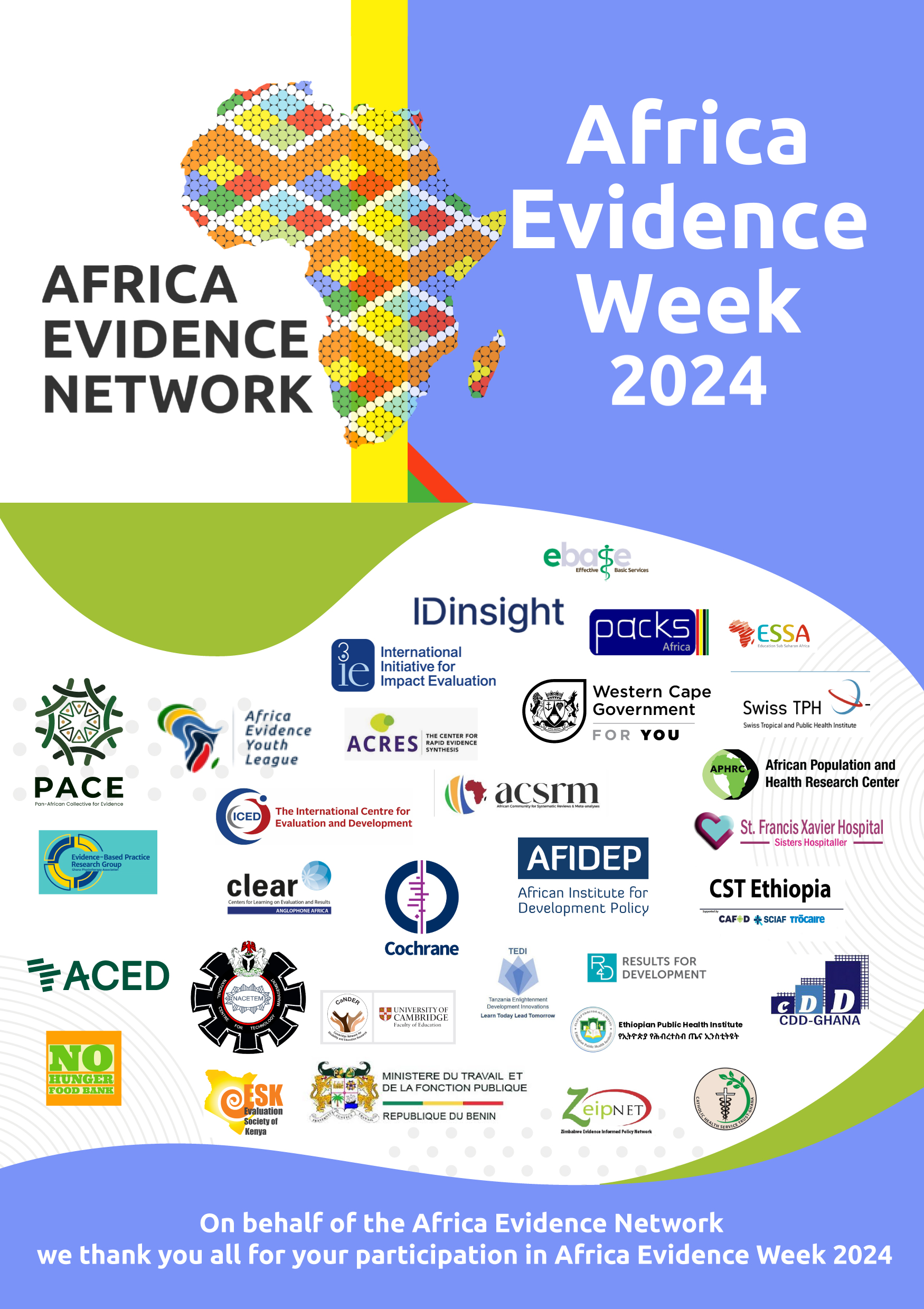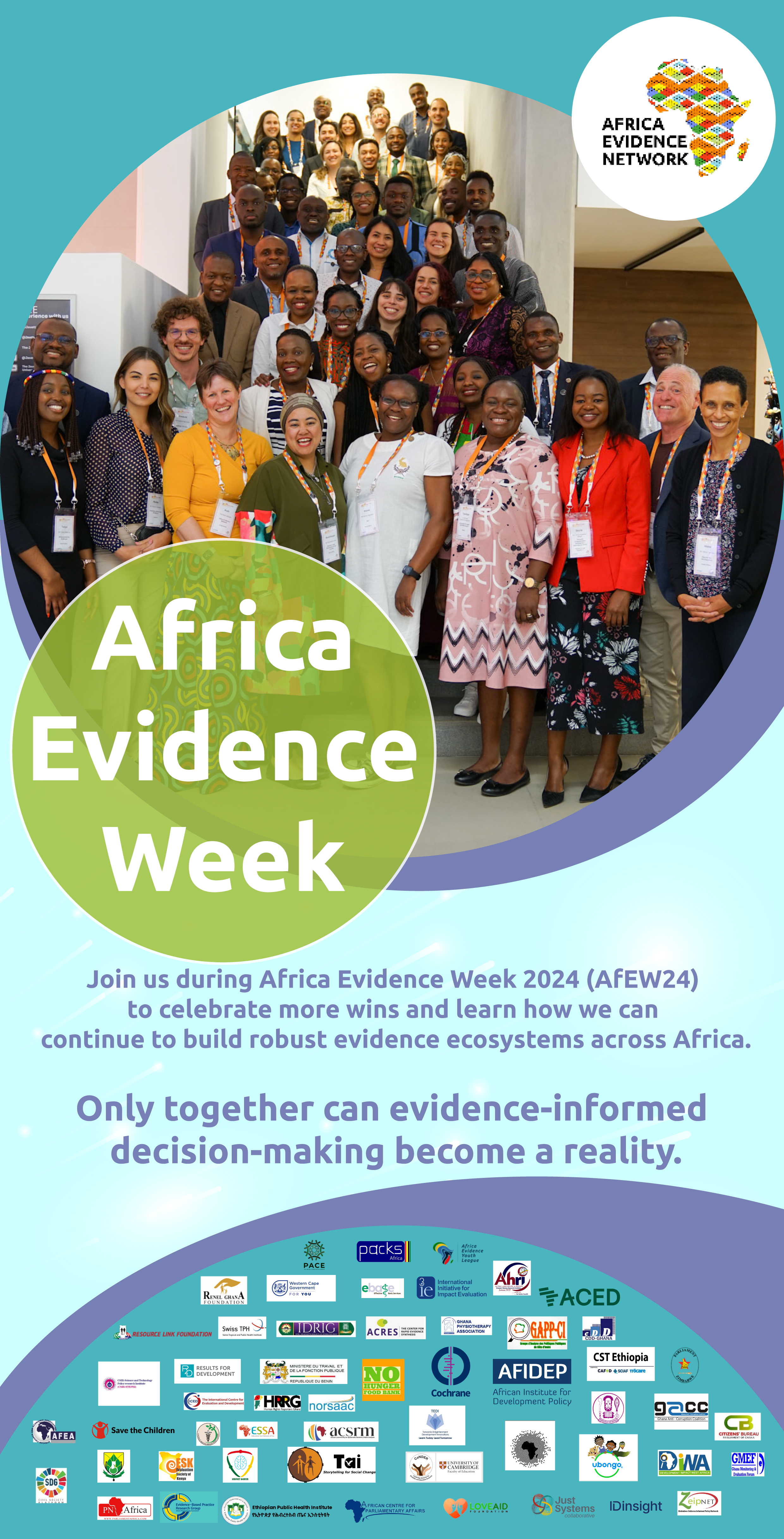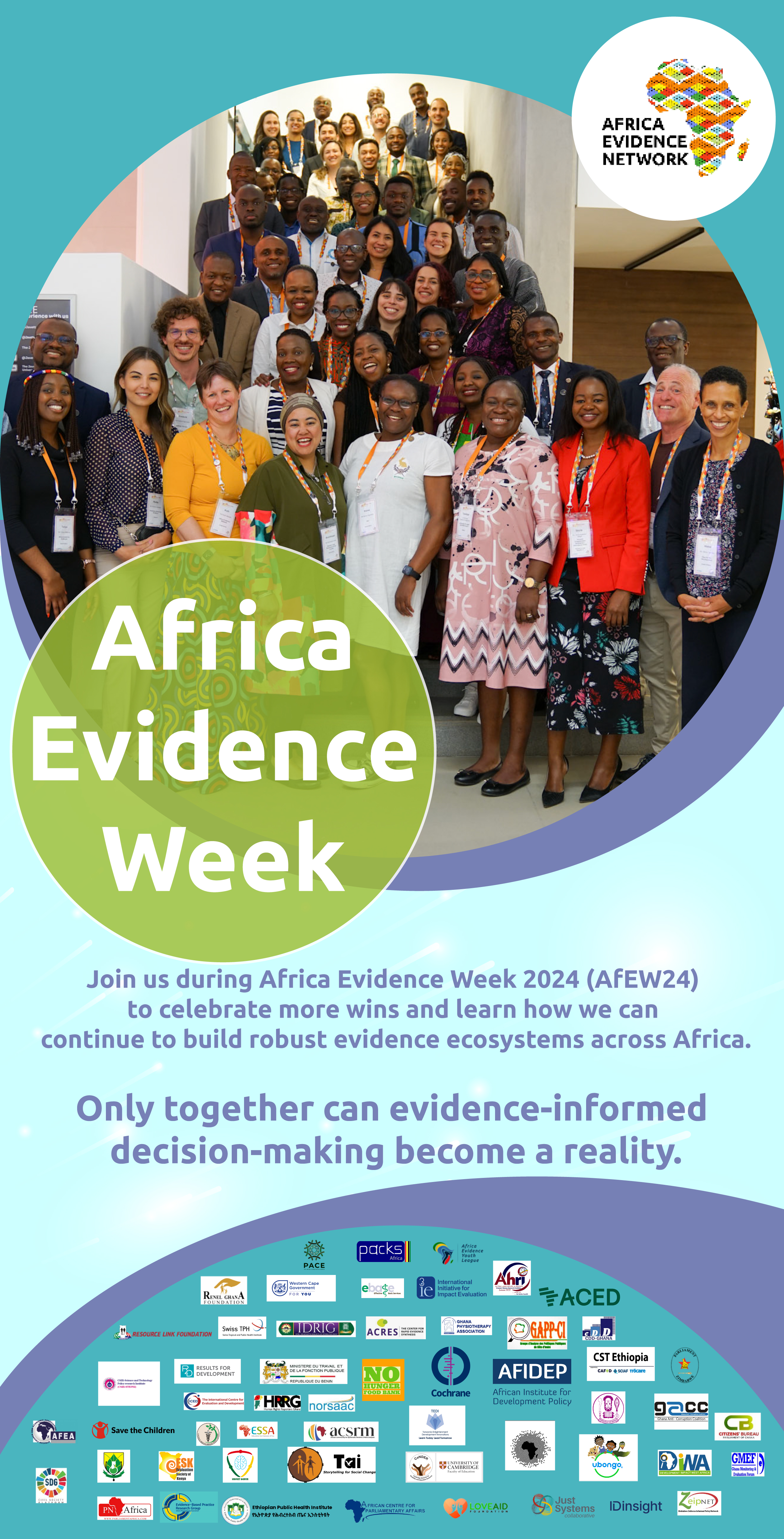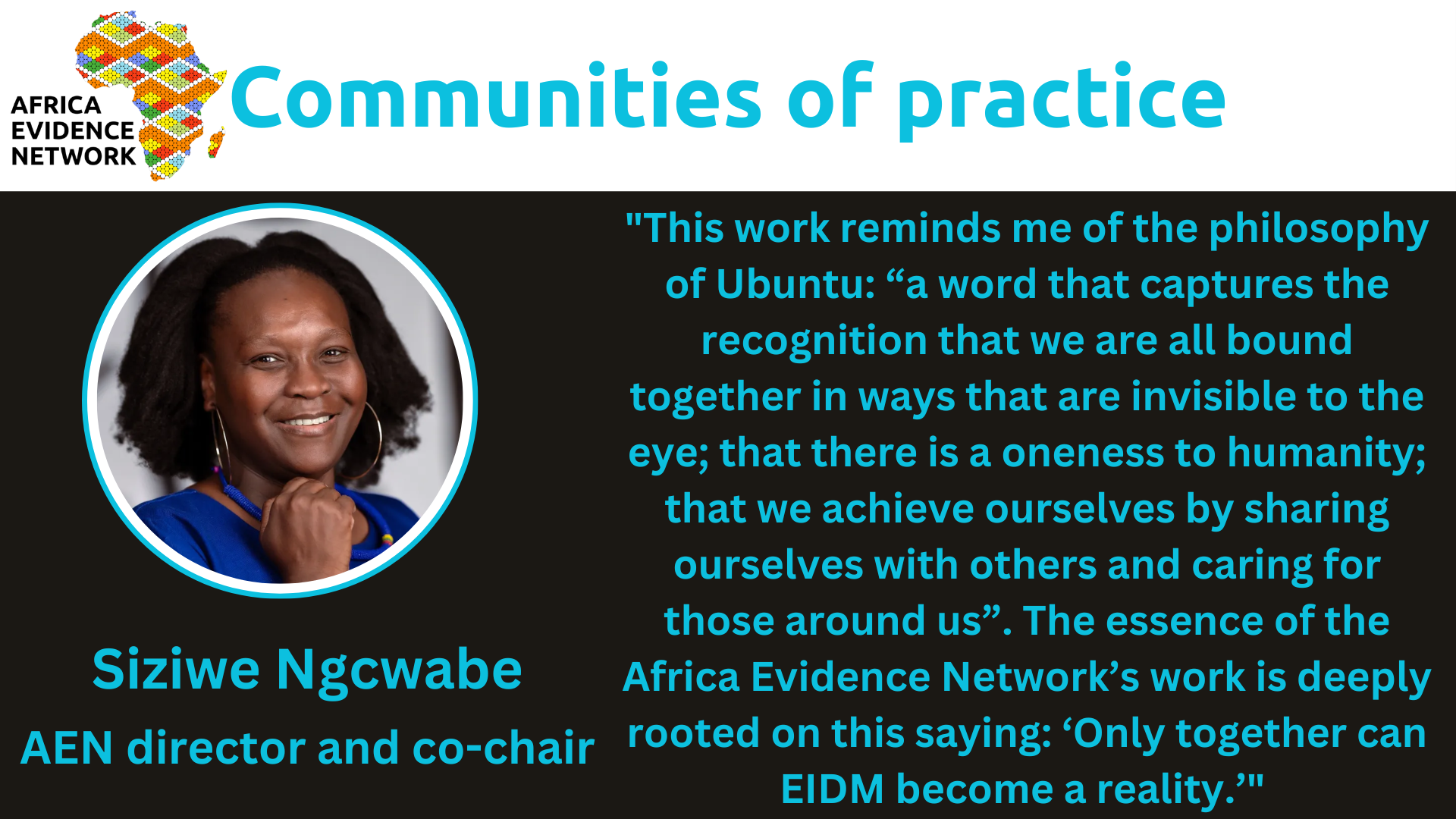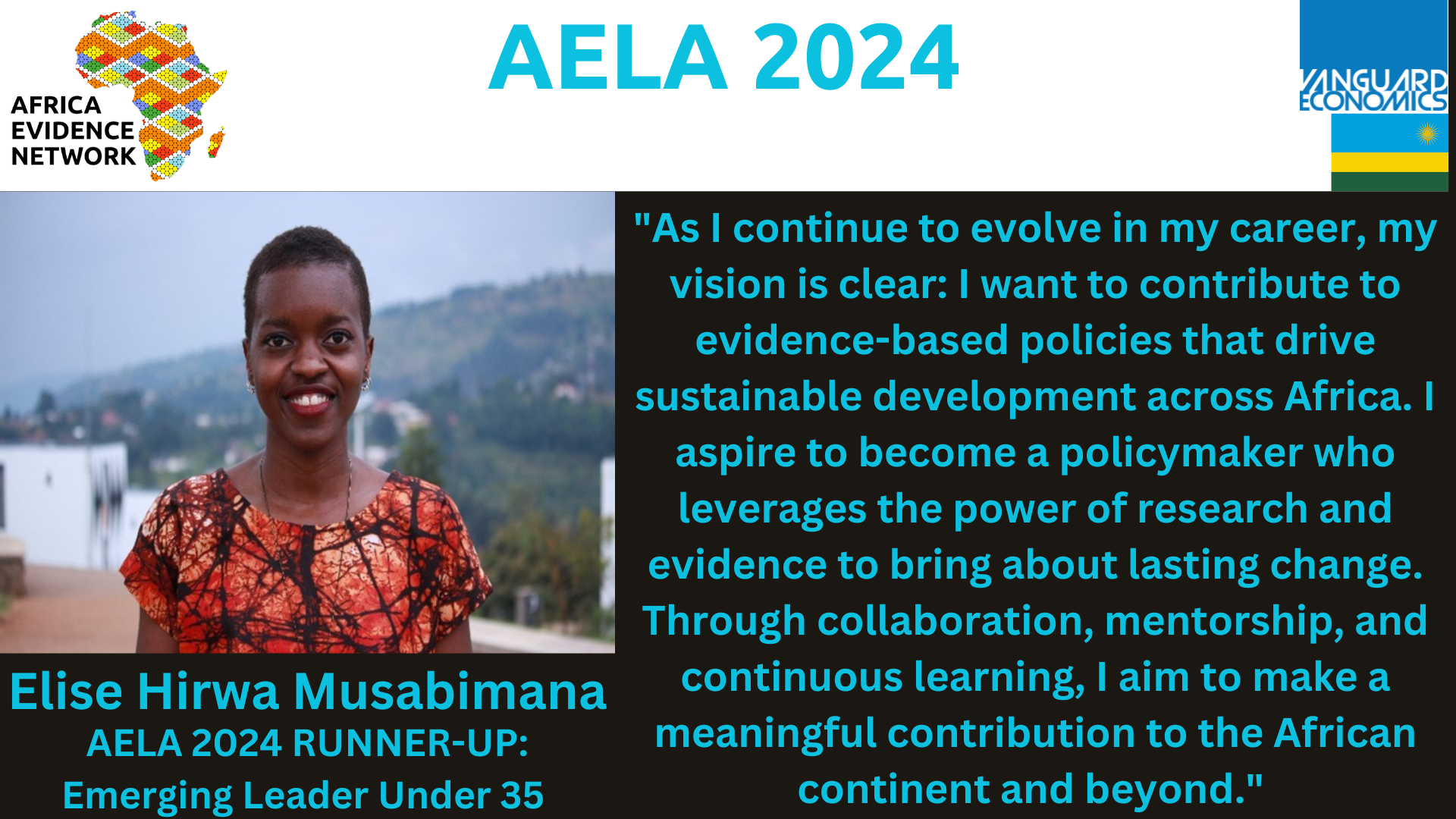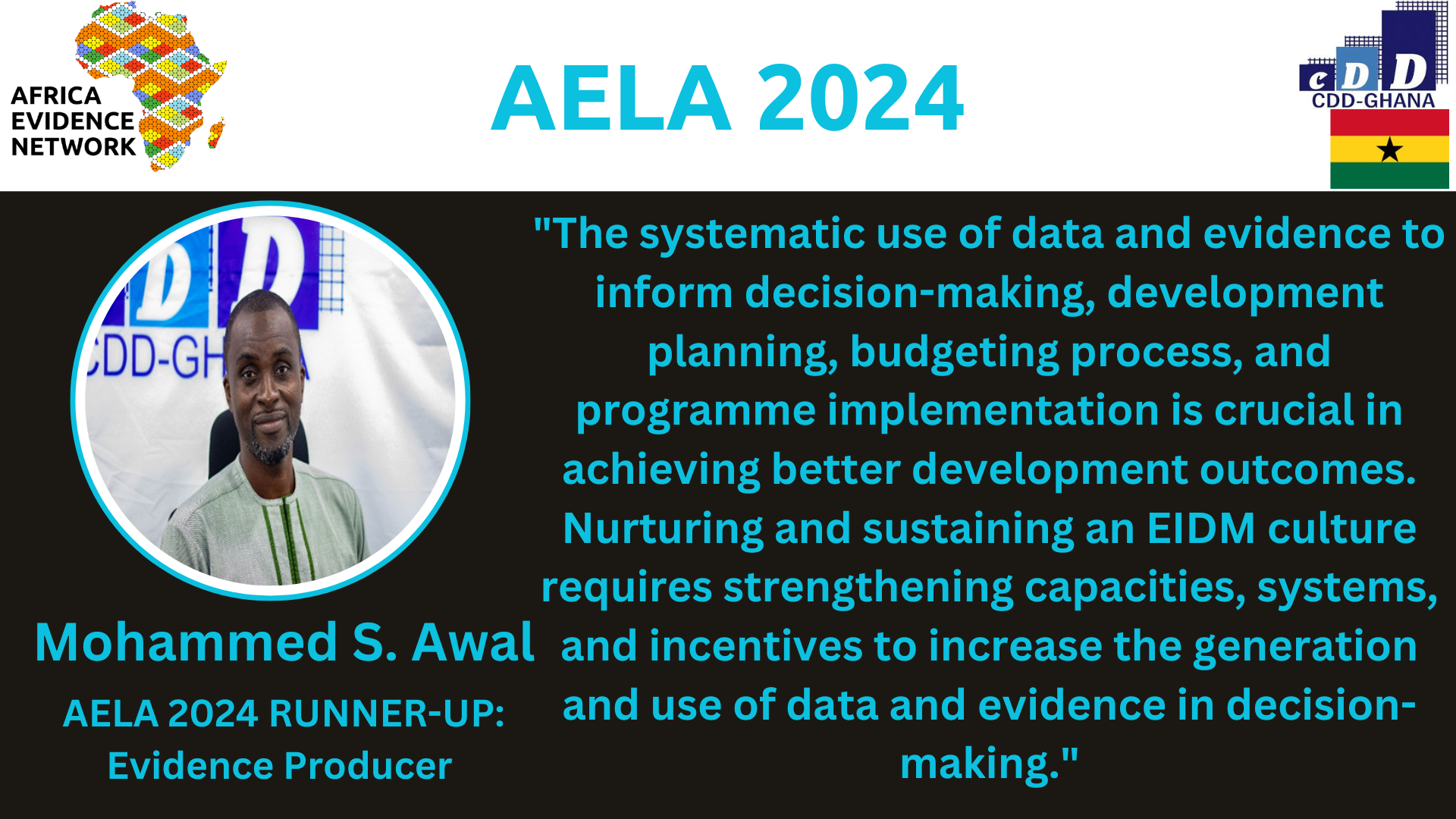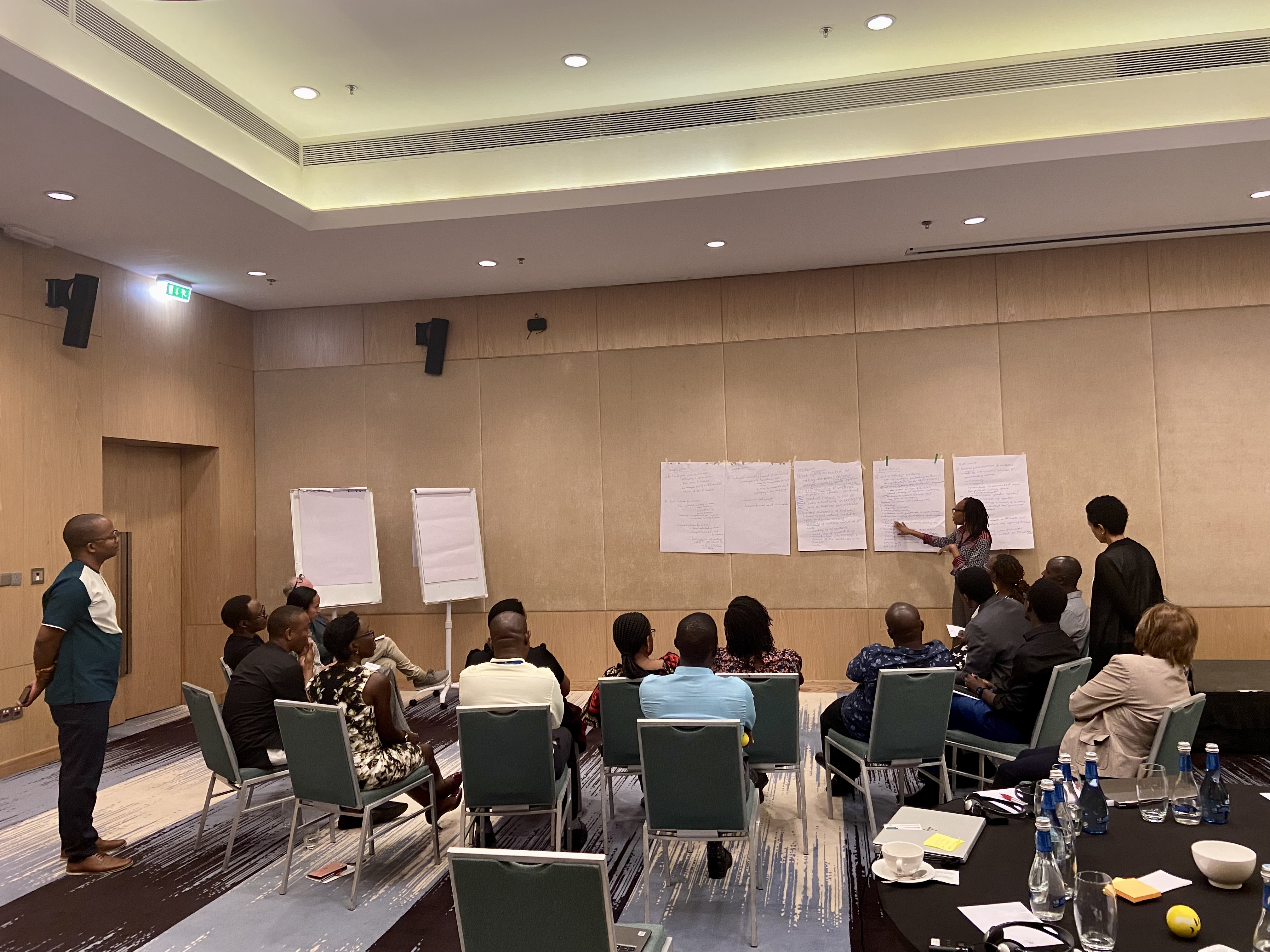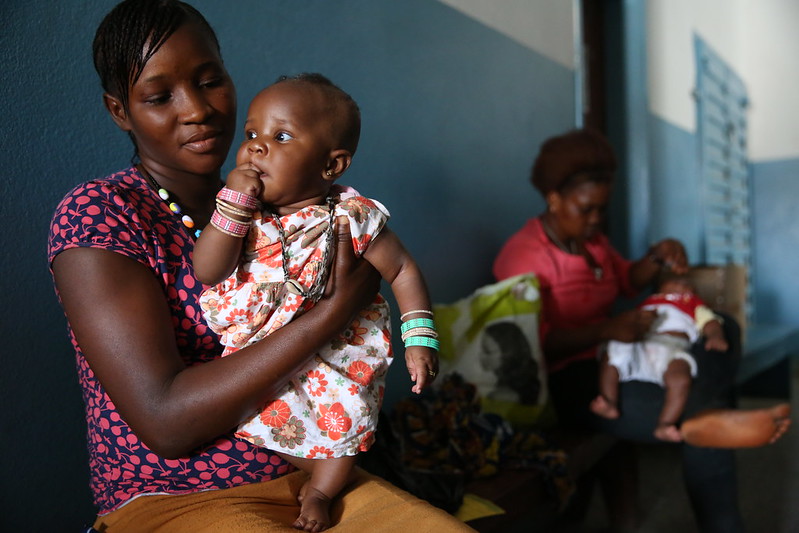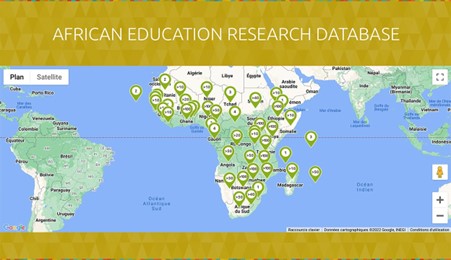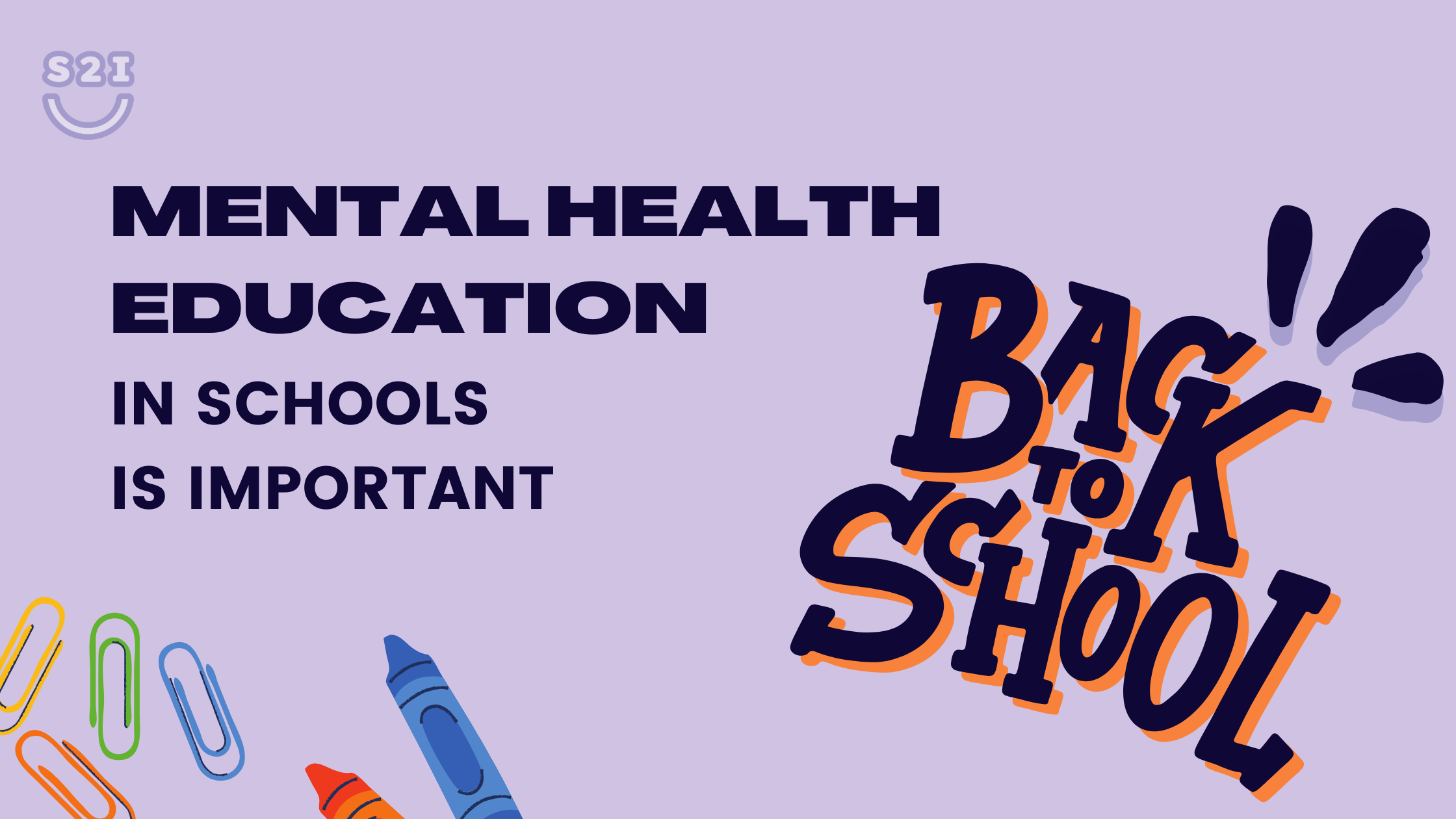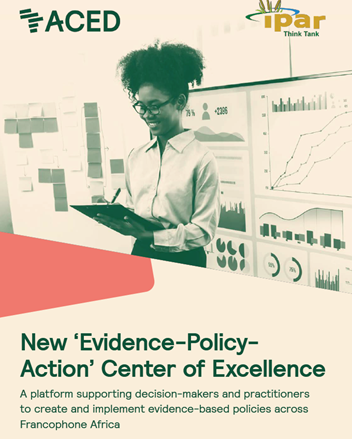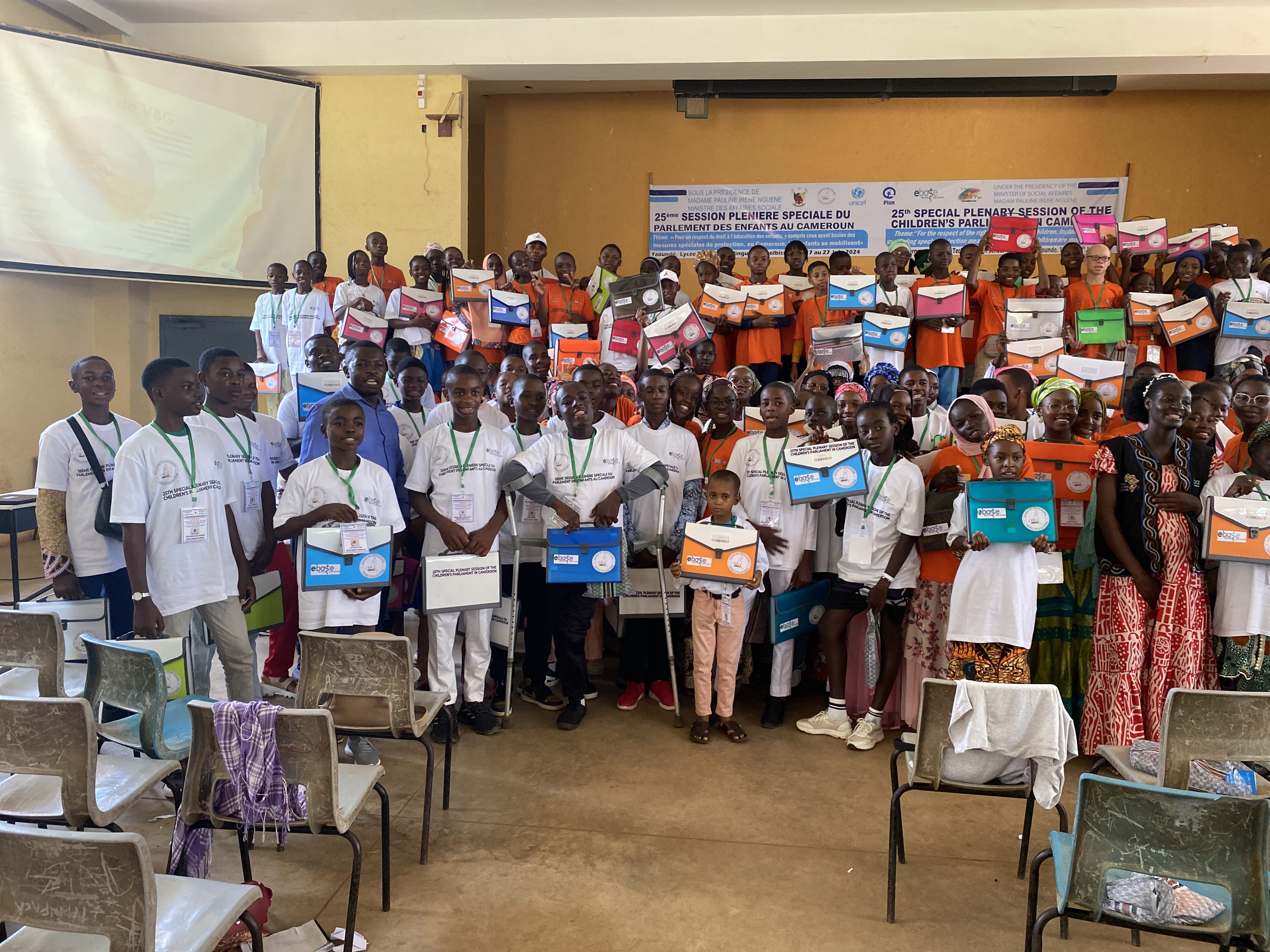
Cameroon, like many African nations, faces complex social challenges that require innovative solutions. Policymakers need access to reliable data and effective tools to navigate these issues. This is where eBASE Africa steps in. For over a year, we've been working tirelessly alongside various ministries in Cameroon and the Pan African Centre for Evidence (PACE) to empower leaders with a powerful tool: evidence-informed decision-making (EIDM).
Building a Collaborative Approach
Our ultimate goal is to establish a collaborative approach across the entire Cameroonian government. Currently, we partner with several key ministries, including the Ministry of Social Affairs, the Ministry of Basic Education, the Ministry of Secondary Education, and the Ministry of Family and Women Empowerment. This initial focus allows us to address a wide range of social issues impacting Cameroonian citizens. However, we envision a future where all ministries have access to EIDM resources and can utilize evidence-informed approaches to improve the lives of all Cameroonians. This can be possible through the organisation of trainings where these policy makers can gain capacities around EIDM.
REAP: Facilitating Evidence-Informed Policymaking Across Africa
Investing in the future is paramount. That's why our work falls under the REAP (Responsive Evidence Systems for African Policy Needs) project, a collaborative effort led by the Pan African Centre for Evidence (PACE) in partnership with eBASE Africa. REAP's core function is to facilitate evidence uptake and use by policymakers across Africa. This is achieved through the development of an online platform that equips evidence units within African governments. The platform empowers these units to effectively translate research evidence into actionable insights for policymakers, ensuring critical decisions are informed by the best available evidence.
The Ministry of Social Affairs, recognizing the importance of youth involvement, championed the idea of including young parliamentarians in our EIDM efforts. For the past two years, we've been proud to partner with these inspiring young leaders.
Investing in the Next Generation: Empowering Young Leaders
We recently held a workshop for the Day of the African Child, focusing on access to education. We recognized that Sexual and Gender-Based Violence (SGBV) is a significant barrier keeping young people, particularly girls, out of school. Many communities still consider SGBV a taboo topic, and more children continue to fall victim. During the workshop, we explored methods young parliamentarians could use to prevent SGBV in their communities and advocate for a safer learning environment. They were very excited and had very good plans and determined to fight against the bad ill SGBV as they go back to their various communities.
The workshop also covered mechanisms for reporting SGBV incidents. We equipped the young leaders with the skills to recognize various forms of violence and empowered them to find evidence to support their advocacy and community outreach efforts.
During this workshop, these young policymakers were introduced to EIDM and trained on how to make decisions based on research evidence.
A Young Voice for Change: A Junior Parliamentarian's Perspective
"As a junior parliamentarian of the 25th session of the children’s parliament in Cameroon, I want to advise all young girls and parents to stop sending young girls into early marriages. We are the leaders of tomorrow, and early marriages are a form of emotional and physical gender-based violence that needs to be stopped. Many people don’t realize the impact it has on our society," said Aissatou Ishagah, a junior parliamentarian who participated in the training. "I learned so much about how data and evidence can highlight the issue of violence preventing girls from getting an education. Now, I have the tools to not only identify SGBV but also to use evidence to advocate for my peers and work towards creating safe spaces for everyone to learn and thrive."
EIDM: Beyond Research Evidence
While research is a crucial component of EIDM, it's not the only piece of the puzzle. Effective decision-making also considers stakeholder input, practical experience from the field, and even traditional knowledge. The key lies in understanding the context and using all available evidence to create impactful solutions.
Challenges and the Road Ahead
Implementing EIDM isn't without its challenges. One hurdle is ensuring policymakers understand and actively utilize the evidence presented. Another is ensuring access to reliable data. In addition, there is also a challenge of getting policymakers to understand the evidence terminologies. However, by working collaboratively and fostering a culture of EIDM, we can overcome these obstacles.
Together, Shaping a Brighter Future
eBASE Africa's work under the REAP project exemplifies the power of EIDM. By equipping leaders across ministries and generations with the right tools and fostering a collaborative environment, we can make evidence-informed decisions that create a more just and equitable society for all. Our goal is also to place policymakers in a position of leadership, enabling them to make informed decisions and lead evidence uptake at their various levels.
